Marketing project manager skills play a crucial role in driving the success of marketing initiatives. As the bridge between marketing teams and project execution, they are responsible for ensuring projects are delivered effectively and efficiently.
To excel in this role, marketing project managers must possess diverse skills that enable them to navigate the complexities of project management while leveraging their marketing expertise.
This article will explore the essential skills every marketing project manager should possess to succeed.
Defining Marketing Project Management
Project marketing management is the art and science of overseeing marketing initiatives from start to finish. It involves planning, organizing, executing, and controlling all aspects of a marketing project to ensure its successful completion.
One of the primary responsibilities of a marketing project manager is to establish clear objectives and create a detailed project plan. This includes defining tasks, setting deadlines, allocating resources, and determining key performance indicators (KPIs) for measuring success.
Effective communication is another crucial skill for marketing project managers. They must be able to effectively collaborate with cross-functional teams, stakeholders, and clients to ensure everyone is on the same page throughout the project lifecycle.
Marketing Project Manager Responsibilities and Duties
A marketing project manager’s responsibilities go beyond traditional project management tasks. They oversee marketing campaigns, coordinate cross-functional teams, manage budgets, and ensure project objectives align with the organization’s marketing goals.
By understanding the scope of their role, marketing project managers can effectively plan, execute, and deliver successful marketing projects. Below we have discussed various marketing project manager skills should have.
Skill Category | Name |
I. Technical and Measurable Skills | a. Digital marketing proficiency |
II. People and Personality Skills | a. Leadership and team management |
III. Time Management and Organization | a. Prioritization techniques |
IV. Effective Communication and Collaboration | a. Active listening and empathetic communication |
V. Goal Management and Achievement | a. SMART goal setting |
VI. Budgeting and Resource Allocation | a. Budget planning and financial analysis |
VII. Problem-Solving and Critical Thinking | a. Analytical thinking and root cause analysis |
VIII. Remote Work Skills for Marketing Project Managers | a. Powerful remote communication and virtual team management |
Technical And Measurable Marketing Project Manager Skills
In today’s digital landscape, marketing project managers need to have a solid foundation in technical skills. These skills enable them to navigate various marketing areas and leverage technology to drive project success. Let’s explore some essential technical skills for marketing project managers:
#1. Digital marketing proficiency
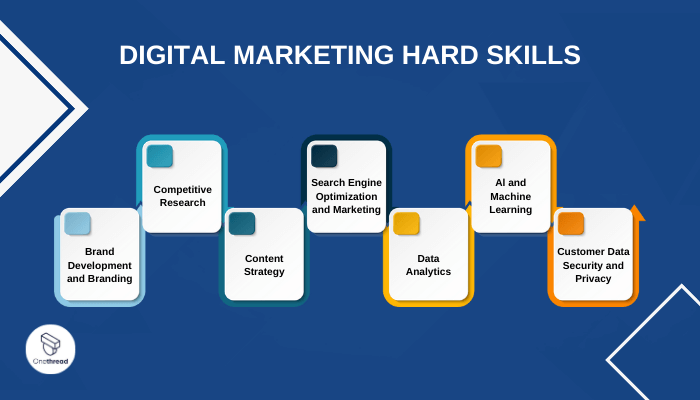
Marketing project managers must deeply understand digital marketing channels and strategies. They should be familiar with search engine optimization (SEO), content management systems, social media marketing, email marketing, and paid advertising platforms.
#2. Data analysis and reporting
Analyzing marketing data and deriving actionable insights is crucial for measuring project performance. Marketing project managers should be skilled in data analysis, using tools like Google Analytics and marketing automation platforms to track key performance indicators (KPIs) and create meaningful reports.
#3. SEO and content management
Understanding search engine optimization principles and content management strategies is vital for driving organic traffic and improving website visibility. Marketing project managers should know how to find keywords and be well-versed in content optimization, as well as on-page SEO techniques.
#4. Marketing automation tools
Leveraging marketing automation tools streamline marketing processes and enhances efficiency. Marketing project managers should have hands-on experience with tools like HubSpot, Marketo, Mailchimp, or a Mailchimp alternative to automate workflows, lead nurturing, and email marketing campaigns.
#5. Web analytics and tracking
Proficiency in web analytics tools allows marketing project managers to monitor website performance, user behavior, and conversion rates. They should be skilled in using tools like Google Analytics to gain valuable insights and make data-driven marketing decisions. With the updates on consent mode v2, it is extremely important for marketers to ensure that they are data privacy compliant while analysing customers data.
Marketing Project Manager Skills: People and Personality
While technical skills are essential, marketing project managers must also possess a range of soft skills to collaborate with teams effectively, communicate with stakeholders, and lead project execution. Let’s explore some crucial soft skills for marketing project managers:
#1. Leadership and team management
Marketing project managers need strong leadership skills to inspire and motivate their teams. They should be able to delegate tasks, provide guidance, and create a collaborative work environment that fosters creativity and productivity.
#2. Excellent communication and negotiation skills
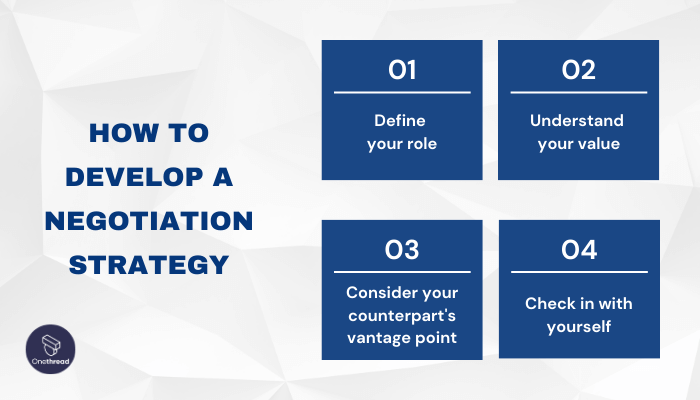
Effective communication is the foundation of successful project management. Marketing project managers must communicate clearly and concisely with team members, stakeholders, and clients. Strong negotiation skills are also crucial for managing expectations and resolving conflicts.
#3. Relationship building and stakeholder management
Building strong relationships with stakeholders, such as clients, vendors, and cross-functional teams, is key to project success. Marketing project managers should excel in stakeholder management, fostering trust and collaboration to meet project objectives.
#4. Adaptability and flexibility
Marketing projects often require adapting to changing market trends, client demands, and project scopes. Marketing project managers should be adaptable and flexible, ready to pivot strategies and resources to meet evolving project needs.
#5. Problem-solving and decision-making skills:
Marketing project managers must be adept at problem-solving, identifying issues, and finding innovative solutions. They should be skilled in critical thinking, analyzing data, and making informed decisions that align with project goals.
Marketing Project Manager Skills: Time Management and Organization
Time management is critical for marketing project managers to meet deadlines, stay organized, and ensure smooth project execution. Let’s explore strategies and skills for efficient time management:
#1. Prioritization techniques:
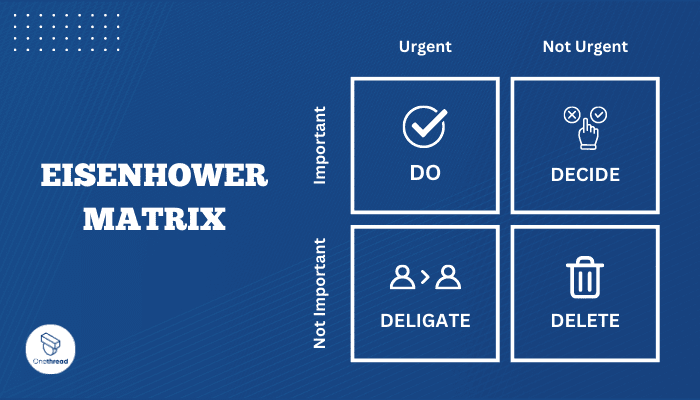
Marketing project managers must prioritize tasks based on their importance and urgency. Techniques like the Eisenhower Matrix or the ABC method can help them categorize tasks and allocate time accordingly.
#2. Effective scheduling and planning:
Creating a detailed project schedule with milestones, deadlines, and dependencies is crucial for successful project delivery. Marketing project managers should use project management tools like Onethread to plan and schedule tasks effectively.
#3. Task tracking and progress monitoring
Tracking project tasks and monitoring progress is essential to identify bottlenecks and meet project milestones. Marketing project managers should use project management software to monitor task completion, communicate updates, and address any delays proactively.
Effective Communication and Collaboration
Clear and concise communication is vital for marketing project managers to foster collaboration and maintain effective relationships with team members and stakeholders. Let’s explore strategies for effective communication and collaboration skill:
#1. Active listening and empathetic communication
Marketing project managers should practice active listening to understand team members’ and stakeholders’ needs and concerns. Empathetic communication helps build trust and ensures that everyone feels heard and valued.
#2. Effective presentation and public speaking skills
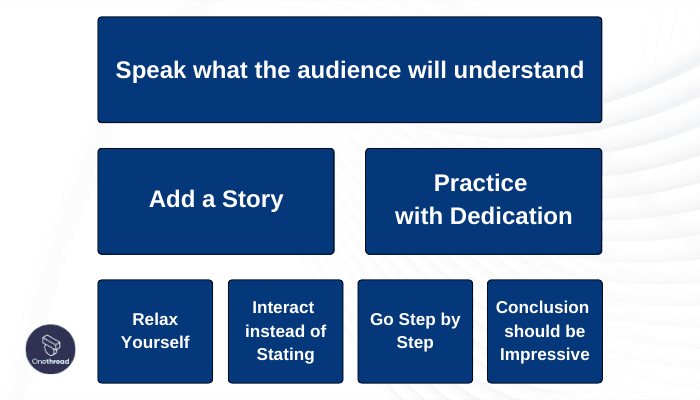
In marketing project management, compelling presentations and public speaking engagements are often required. Marketing project managers should develop strong presentation skills to convey ideas, influence stakeholders, and drive project buy-in.
#3. Conflict resolution and negotiation
Conflicts and disagreements may arise during project execution. Marketing project managers should be skilled in conflict resolution techniques and negotiation to address issues and find mutually beneficial solutions.
Goal Management and Achievement
Marketing project managers must set and align project goals with the organization’s marketing objectives. Let’s explore techniques for effective goal management and achievement skills:
#1. SMART goal setting:
Establishing goals that are specific, measurable, achievable, relevant, and time-bound (SMART) offers clear direction and concentration. In the realm of marketing project management, it’s vital for project managers to partner with stakeholders in order to formulate SMART goals that harmonize with the project’s scope and intended achievements.
#2. Performance tracking and measurement
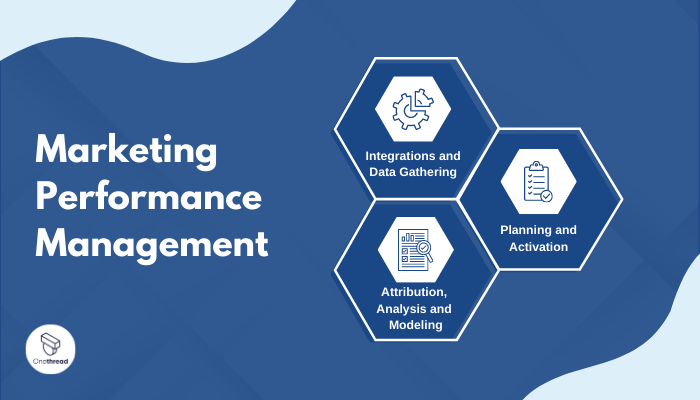
Tracking project performance against established goals is essential for evaluating progress and making data-driven decisions. Marketing project managers should regularly measure KPIs, analyze performance metrics, and adjust strategies as needed to meet goals.
#3. Adjusting strategies to meet changing goals
Marketing projects may undergo changes throughout their lifecycle. Marketing project managers should be flexible and agile, adjusting strategies and resource allocation to align with evolving goals and market dynamics.
Budgeting and Resource Allocation
Budgeting and resource allocation play a vital role in the successful execution of marketing projects. Let’s explore strategies for efficient budgeting and resource management skills:
#1. Budget planning and financial analysis
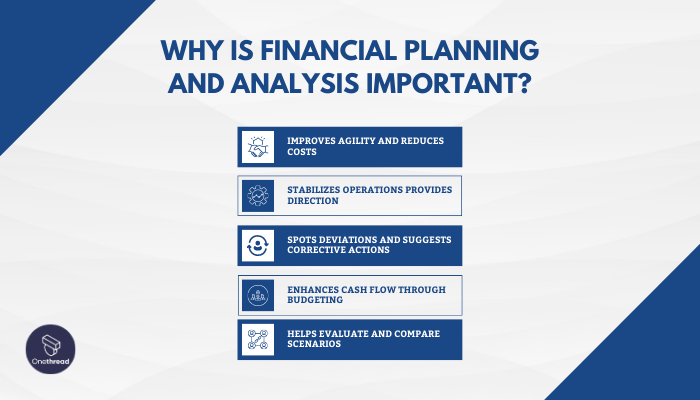
Marketing project managers should be proficient in budget planning, accurately estimating project costs, and allocating resources accordingly. They should conduct thorough financial analysis to identify cost-saving opportunities and optimize budget utilization.
#2. Resource optimization and allocation
Maximizing the utilization of available resources is crucial for project success. Marketing project managers should effectively allocate resources, such as personnel, equipment, and technology, to ensure smooth project execution.
#3. Vendor management and contract negotiation
Engaging with external vendors and managing contracts is often a part of marketing projects. Marketing project managers should possess negotiation skills to secure favorable terms and manage vendor relationships to ensure timely and quality deliverables.
Problem-Solving and Critical Thinking
Marketing projects can encounter various challenges and obstacles. The ability to solve problems and think critically is essential for marketing project managers. Let’s explore techniques for effective problem-solving and critical thinking:
#1. Analytical thinking and root cause analysis
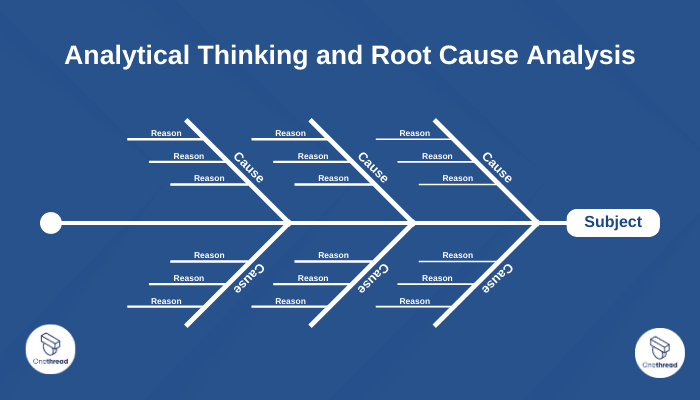
Marketing project managers should approach problems analytically, identifying the root causes behind issues. By using techniques like the 5 Whys or fishbone diagrams, they can uncover the underlying factors contributing to problems and develop effective solutions.
#2. Creative problem-solving approaches
Sometimes, unique problems require creative solutions. Marketing project managers should encourage a culture of creativity and innovation within their teams, fostering out-of-the-box thinking to overcome obstacles.
#3. Decision-making under pressure
Marketing projects often involve making decisions under tight deadlines and high-pressure situations. Marketing project managers should be able to analyze information quickly, weigh the pros and cons, and make informed decisions that drive project progress.
Remote Work Skills for Marketing Project Managers
With the rise of remote work, marketing project managers must adapt to effectively manage projects in a virtual setting. Let’s explore specific skills and strategies for remote work:
#1. Powerful remote communication and virtual team management:
Remote communication skills are crucial for marketing project managers to maintain effective collaboration with team members. They should leverage video conferencing, chat platforms, and project management software like Onethread to facilitate seamless communication and foster team cohesion.
#2. Time zone management and asynchronous work

Marketing project managers working with globally dispersed teams must navigate different time zones. They should implement strategies for managing time zone differences, such as establishing core working hours and leveraging asynchronous communication to accommodate team members’ schedules.
#3. Leveraging remote collaboration tools and technologies
To enhance project efficiency and productivity, marketing project managers should leverage remote collaboration tools and technologies. Tools like project management software, file-sharing platforms, and virtual whiteboards enable seamless collaboration and project visibility.
Conclusion
The right skill set is vital for marketing project managers to deliver successful projects. By combining technical and measurable skills with people and personality skills, marketing project managers can effectively navigate the complexities of project management while leveraging their marketing expertise.
Continuously developing and refining these skills is essential for long-term career growth and project success. As the marketing landscape continues to evolve, marketing project manager skills must stay updated with the latest trends, technologies, and best practices to drive optimal results.
So invest in your professional growth, leverage the available tools and resources, and continue enhancing your skills as you embark on your journey as a marketing project manager.
Call to Action: Sign up for a free trial of Onethread today and experience the power of streamlined project management for marketing projects. Unlock your team’s potential, enhance collaboration, and easily deliver successful projects. Visit Onethread.com to get started.
FAQs
1. How can I improve my skills as a marketing project manager?
To enhance your skills as a marketing project manager, consider investing in professional development opportunities such as workshops or courses specifically focused on project management techniques.
Additionally, seek mentorship from experienced professionals in the field who can provide guidance and insights based on their own experiences.
2. How important is collaboration in marketing project management?
Collaboration is crucial in marketing project management because it fosters teamwork among team members with diverse skill sets and perspectives.
Effective collaboration leads to better decision-making processes, increased efficiency in task execution, and improved problem-solving through collective brainstorming sessions.
3. Is it necessary for a marketing project manager to have industry knowledge?
Yes! Industry knowledge allows the marketing project manager to understand market trends and consumer behavior better. This understanding helps them develop more targeted strategies that effectively resonate with their target audience.
